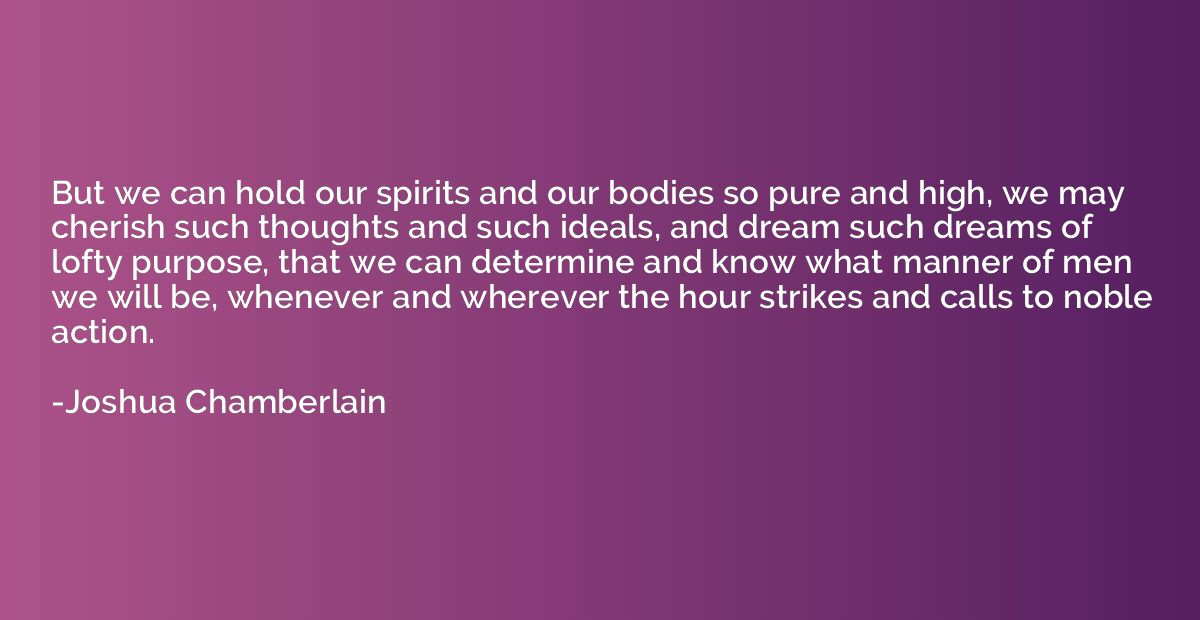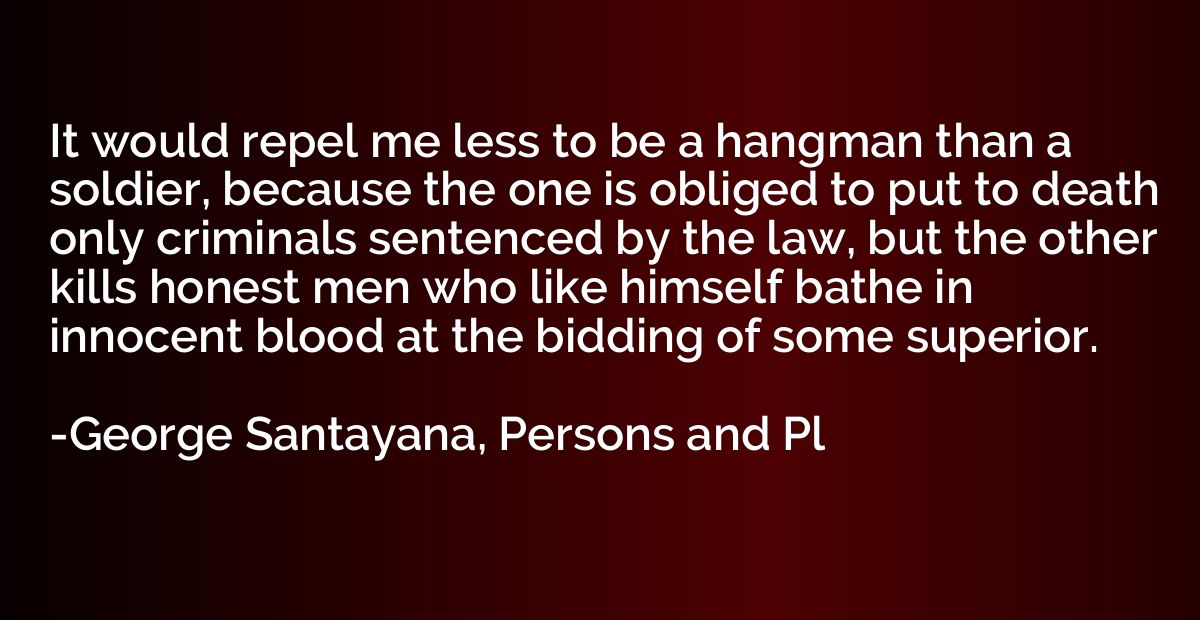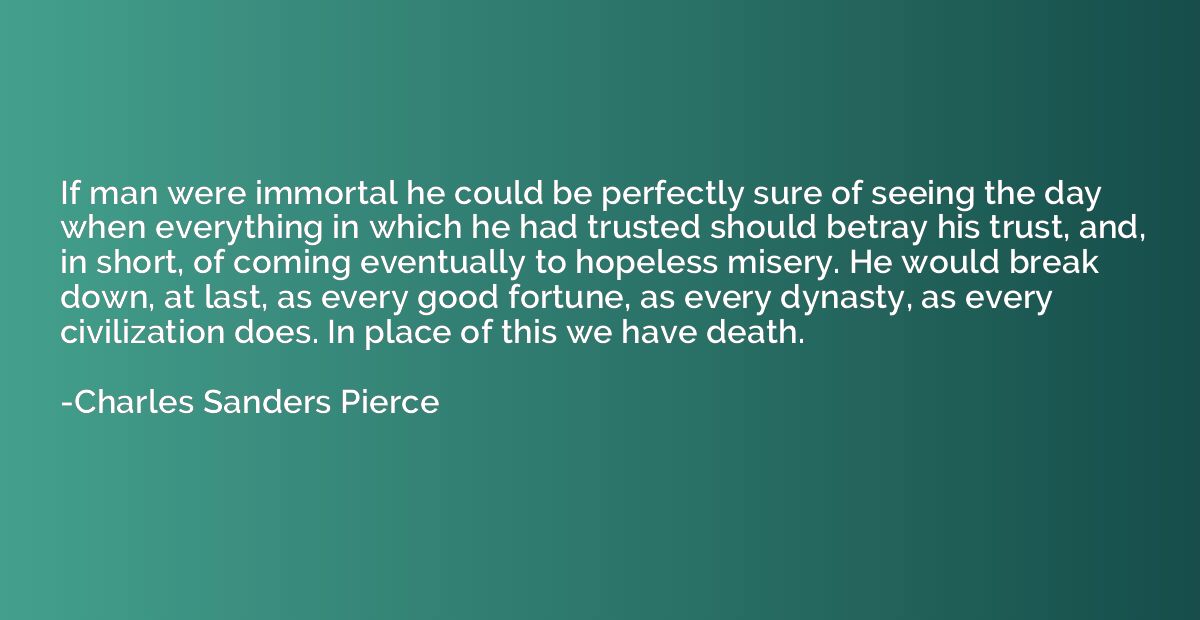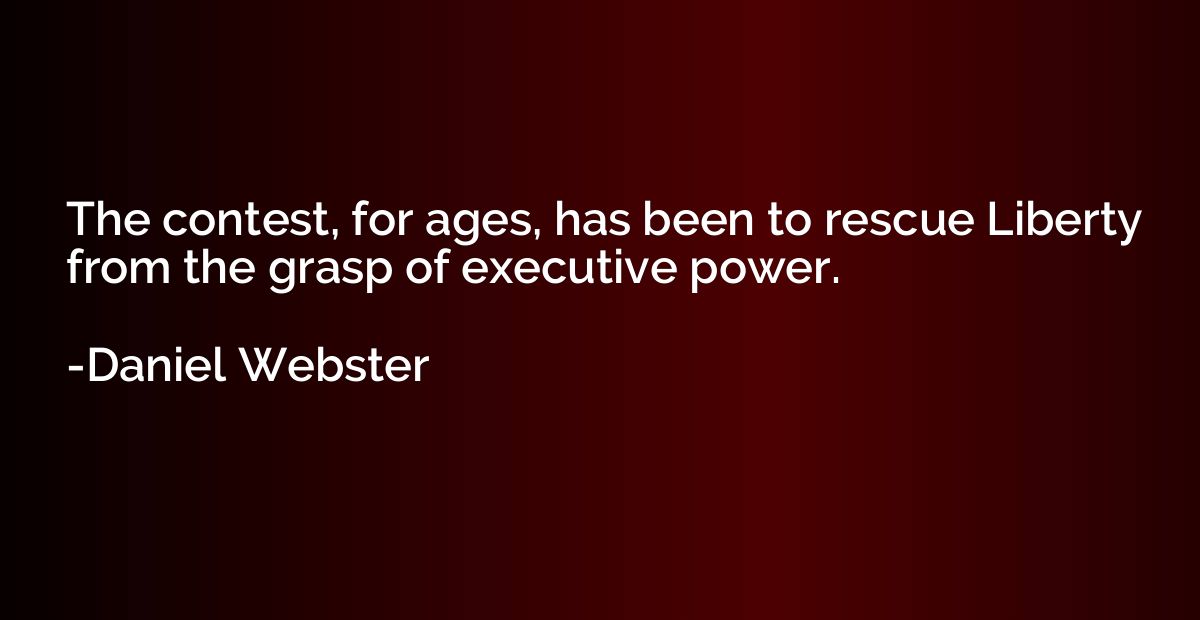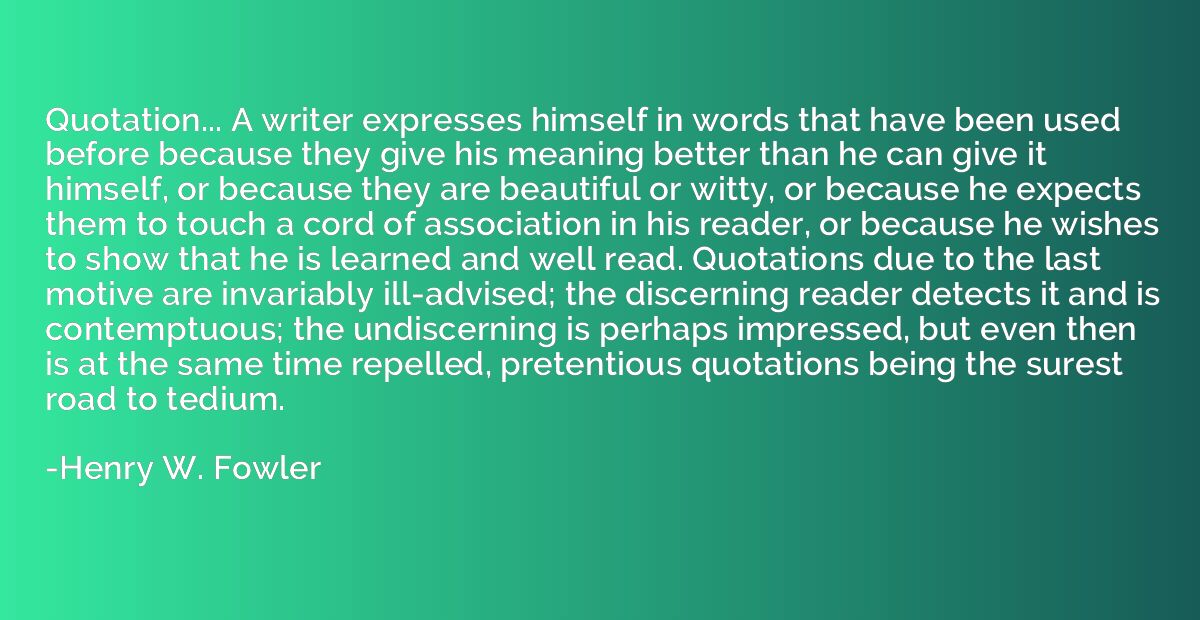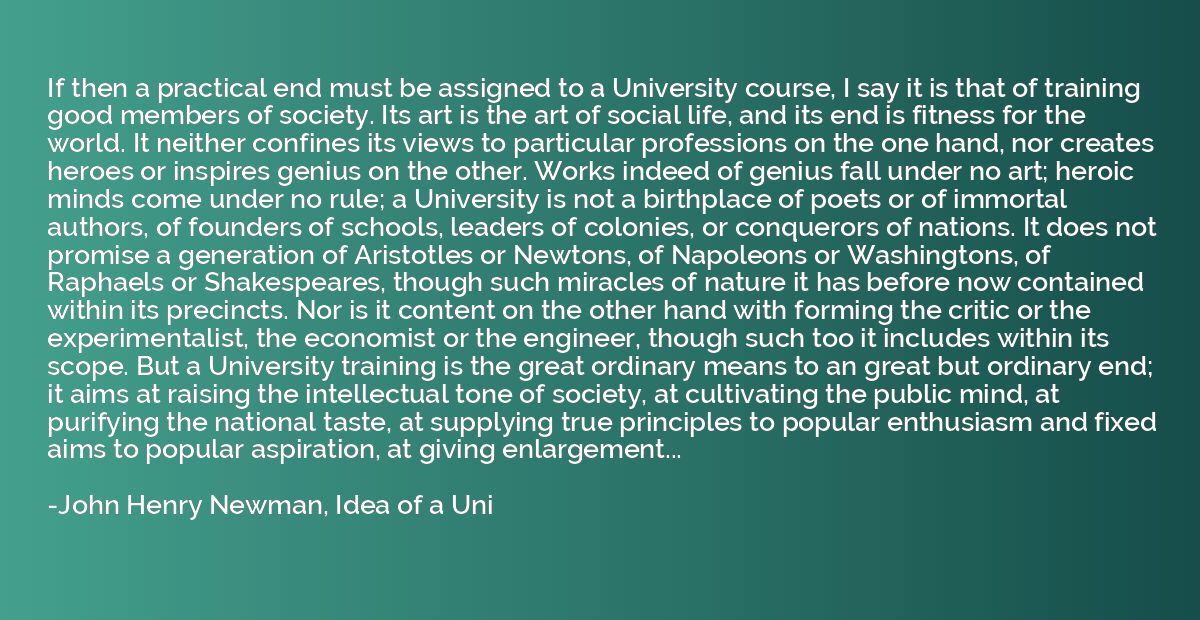Summary
This quote suggests that true possession or mastery of something only occurs when it is fully understood. It implies that knowledge and understanding of a subject are essential in order to truly possess it. Merely having access to something or superficially engaging with it does not equate to true ownership or control. The quote highlights the importance of delving deeper into knowledge and seeking full comprehension in order to truly grasp or possess something.




